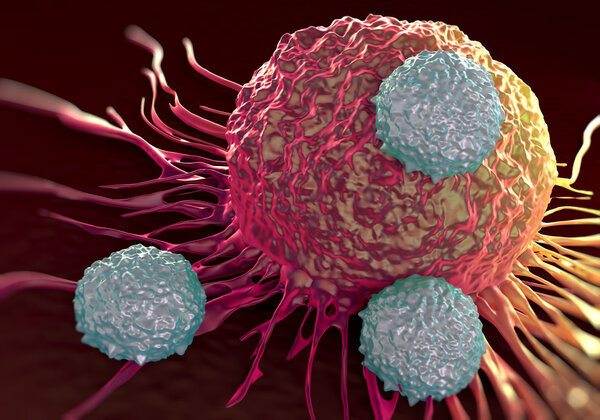
Human Papillomavirus (HPV) is a double-stranded circular DNA virus that belongs to the papillomavirus family and is one of the most prevalent viruses known to humans. Despite the availability of vaccines, the lifetime risk of at least one HPV infection globally is 50%, with recent studies indicating this risk may actually be as high as 80%.
HPV infections can lead to several common skin conditions and sexually transmitted diseases. These diseases include laryngeal papillomatosis, genital warts, oropharyngeal cancer, cervical cancer, anal cancer, and skin warts. The primary mode of transmission is through direct skin-to-skin or mucous membrane contact, infecting the corresponding keratinocyte cells.












